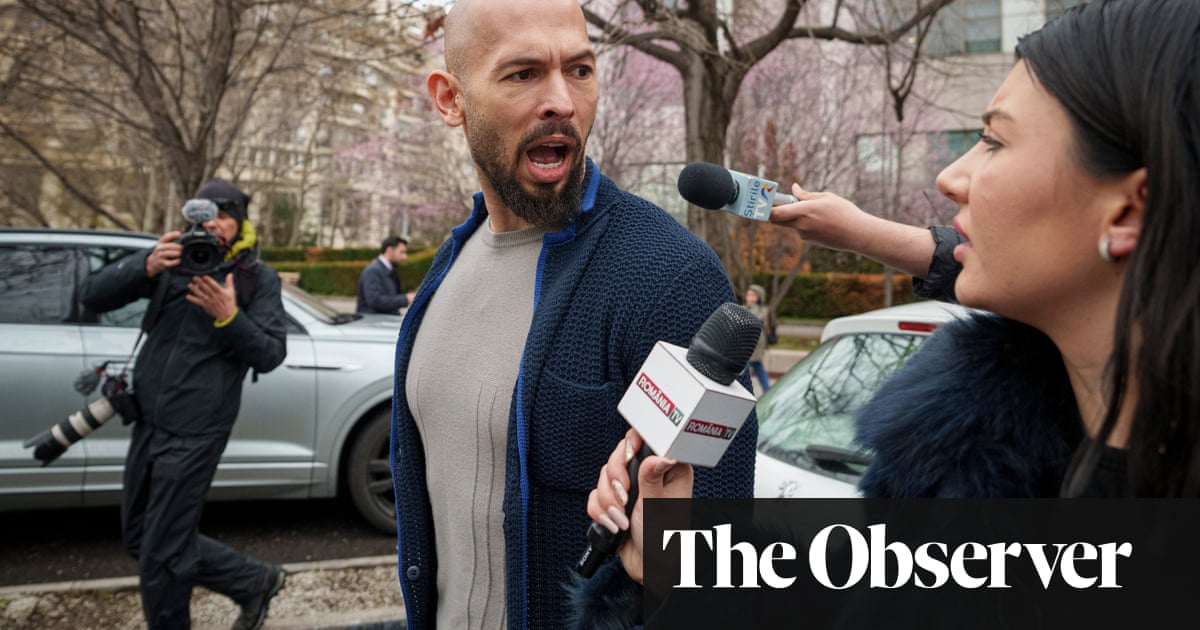To quote the late, great Leonard Cohen: everybody knows the dice are loaded, everybody knows the fight is fixed. That’s a cynical outlook, but one to which I fully adhere. Which perhaps explains why so many of my go-to comfort movies are about con artists.
Granted, not every classic con movie makes for a breezy watch – no one throws on The Grifters when they need a pick-me-up – but many do. The Lady Eve, Paper Moon, The Sting, Dirty Rotten Scoundrels, Ocean’s 11 – with their myriad twists and turns, hip earworm dialog, and stacked casts playing lovable rogues sticking it to the man, they prove endlessly rewatchable.
While it hardly enjoys the cultural footprint as those, my favorite in the genre is a two-fisted entry from 1992: Diggstown AKA Midnight Sting in the UK.
I use the term two-fisted literally; Diggstown is as much a boxing movie as it is a con movie. Set in rural Georgia, it stars James Woods as ex-con conman Gideon Caine, fresh out the pokey and right back on the grift. Teaming up with his old partner, middle-aged boxer “Honey” Roy Palmer (Louis Gossett Jr), and his loyal protege Fitz (Oliver Platt), Caine sets his sights on the titular community of Diggstown: an impoverished boxing and gambling hub built upon the reputation of fabled pugilist and could-have-been contender Charles Macon Diggs and ruthlessly lorded over by Diggs’s former manager John Gillon (Bruce Dern).
After running afoul of Gillon by publicly humiliating his spoiled idiot son, Caine talks him into a huge wager, betting that Honey Roy can take on any 10 Diggstown men in a single day. Thus, the stage is set for a 24-hour boxing marathon that pits the corrupt townspeople against the outsiders, with both sides desperately trying to outfox the other inside the ring and out, culminating in one of the all-time great cinematic rug pulls.
If the plot seems redolent of The Sting, it very much is, right down to its musical cues (James Newton Howard’s score leans more heavily on blues than ragtime, but the influence is obvious). But whereas The Sting, for all its charms, is a little too long, baggy and pristine, Diggstown is lean, mean and just the right amount of sleazy.
That latter quality comes courtesy of its leads. In the 80s and 90s, no one was better at playing scumbags than Woods was. Here, he’s a scumbag with a heart of gold, his loyalty to his friends – particularly Honey Roy, the closest thing to a full-on hero in the film – enough to put us squarely in his corner, if Woods’s innate charisma didn’t already do that.
Dern, meanwhile, is perfect as his rival, a shameless self-promoter turned ruthless town boss. Gillon seems molded specifically for Dern, right down to his visible nose hair. When they eventually do the big memorial retrospective of the actor’s legendary career, his big locker room speech here – a darkly hilarious twist on that sports movie cliche, in which he and his team lock hands and pray: “Please, Lord, give us the strength and courage to tear this man limb-from-limb” – should be the centerpiece.
Equal credit must be paid to director Michael Ritchie (working from Steven McKay’s script, an adaptation of The Diggstown Ringers by Leonard Wise). One of the most eclectic directors of the 1970s, he turned in classics both mainstream (The Candidate, The Bad News Bears) and cult (Prime Cut, Smile). But the quality of his work noticeably declined following his box office hit Fletch in 1985. Diggstown marked a return to form.
The gleeful amorality of Diggstown is more reminiscent of 70s cinema than 80s or 90s. Ritchie makes clear that Caine and his cohorts are the good guys, but he never tries to make them good guys. And yet, Ritchie is so adept at capturing the danger and thrill of boxing that, by the time the final battles between Honey Roy and a couple of killer ringers takes place, we couldn’t be more emotionally invested if his name were Rocky Balboa (kudos is also due to Howard’s rousing score, which can go round for round with Bill Conti’s any day of the week).
Diggstown was a flop upon release and remains obscure to anyone too young to have caught it on cable back in the day, but individual moments remain iconic among those who have seen it: Dern’s aforementioned speech, a fist-pumping bit involving a white towel, and a recurring hand gesture that serves as perhaps the greatest “Oh, shit!” moment of realization to ever grace the screen.
All of this combines to make Diggstown the perfect feelgood movie: a breezy but exciting genre mashup with enough of a hangout vibe that you can have it on in the background, but also enough stakes that you will inevitably end up giving it your full attention.
Beyond that, it also provides some light in our current moment of darkness. While Ritchie did make explicitly political films, especially early on in his career, I would not classify Diggstown as such, even if the premise of working-class people buying into the lies of a flashy, showbiz autocrat feels very much like a response to the Reagan years and is more than a little relevant today (although maybe don’t tell that to James Woods).
And while I’m not suggesting we look to Diggstown for any actual political or moral insight, it does make me wonder if perhaps what we really need right now is not someone who speaks truth to power, but simply a better class of conman to out-cheat all the other bastards.
-
Diggstown AKA Midnight Sting is available 0n Pluto TV or to rent in the US or on MGM+ and to rent in the UK

 3 months ago
51
3 months ago
51













































